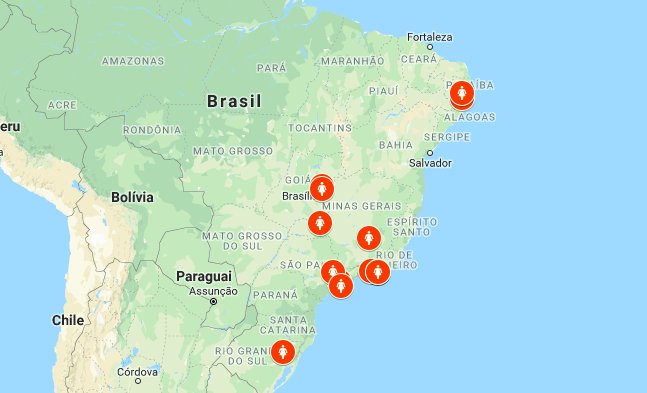kwokchain.com/2019/04/09/mak…
Magnitude of success probably isn't best metric. Repeatable success is the key. And Rich Barton may be only consumer founder with three billion plus outcomes
Founded
- Expedia
- Zillow
- Glassdoor
Repeatability in the dark forest of consumer implies non-arbitraged insights. And is worth discussing
1. Create Data Content Loops
2. Use them to disintermediate incumbents and dominate search
3. Take this traction and use it to own demand in the industry
Or as he puts it "Power to the People"
- Prices for flights and hotels: travel agent --> Expedia
- Value of home: broker --> Zillow
- Reviews of companies: Recruiter --> Glassdoor
Use these to own search and have strong free user acq. Bootstrap demand until other loops kick in
Instead of hoarding info they make the data transparent
Glassdoor: how employees really feel about company
Zillow: How much house is worth
Expedia: Prices and availability of flights
Few topics adults gossip about more than work, real estate, and travel. Or as core to their net worth
- Brokers had more access to MLS data than sellers. Which gave them leverage and entrenched their importance in process
- Few people interviewing had access to compensation research or knew unvarnished truth about company
Very hard to break out of this. Job applicant is unlikely to know current employee. And need to know them very well for them to feel comfortable saying negative things about company too
Some incumbents take advantage of the information asymmetry
But for most, better to have third party that
- finds, adds, and curates third party data into commons
- verifies information
- aligns incentives of contributors
They create common knowledge that only middlemen had prior. And push it to the public
The more people use and trust Glassdoor. The more others are confident they can add reviews anonymously. And so on. This compounds
By having super relevant information about every hotel, home, or company someone might be interested in Expedia, Zillow, and Glassdoor become the ideal destination for consumers
- Expedia (and its competitors) used acquisitions to own not just top search slots, but entire page
- Zillow made page for almost every home in US
- Glassdoor did this for companies but with user generated data, which is more defensible
Each wants to be first place visited when planning
- Expedia: travel
- Glassdoor: companies to work for
- Zillow: selling your home or buying one
Even better they could look up their friends' homes
Within a day of launch, Zillow had a million people checking out their Zestimate
It became the kernel used to create a webpage for every home. Letting Zillow become dominant at Search
Try searching for your house on Google. Zillow's probably the top result
This was fertile search real estate to grab--and they used the Zestimate to claim it
Zillow became for homes what the Kelley Blue Book is for cars
And the more people used it, the more powerful it became as an anchor
Enterprise and SaaS have become far better understood. And playbooks like Barton's are a sign of the patterns and contours for consumer repeatability too
And as world increasingly shifts from supply constrained to demand driven, strategies that empower consumers like data content loops are likely to continue to be very effective
While focus here was on data content loops and Power to the People. It should be noted those aren't the only areas he's been loud and early proponent of.
Two other big ones are:
- Unconstraining talent in society
- Raising the bar on ambition in companies
Of course Zillow's story didn't end there. It’s now the incumbent with a new startup, Opendoor, fast on its heels
To understand why Zillow pivoted to match them, need to look at original Barton Playbook and how new competitors’ map to them
But that's for another essay















